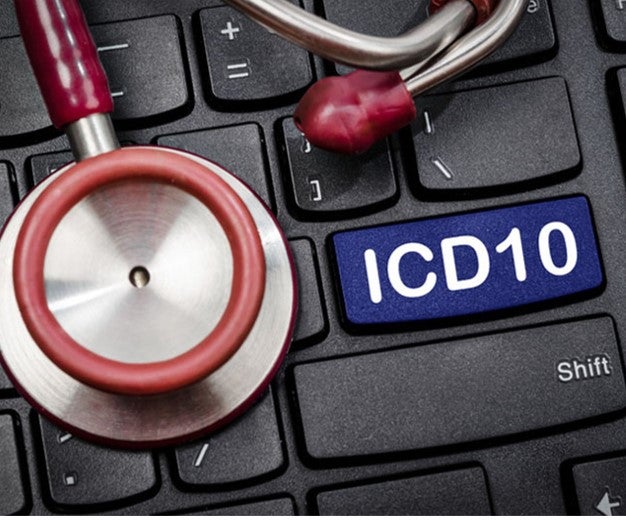
Major depression is one of the most common mental disorders in the United States. For some individuals, major depression can result in severe impairments that interfere with or limit one’s ability to carry out major life activities.
Utilize a screening tool, such as the Patient Health Questionnaire (PHQ-9), annually to screen, diagnose, and monitor for depression.
According to the American Psychiatric Association, major depressive disorder (MDD) can be seen in patients who have suffered a depressive episode lasting at least two weeks, as manifested by at least five of the following symptoms:
- Depressed mood most of the day
- Markedly diminished interest or pleasure in most or all activities
- Significant weight loss/gain or decrease/increase in appetite
- Insomnia or hypersomnia nearly every day
- Psychomotor agitation or retardation
- Fatigue or loss of energy nearly every day
- Feelings of worthlessness or guilt
- Diminished ability to think or concentrate
- Recurrent thoughts about death or suicidal ideation
An episode is considered recurrent when there is an interval of at least two consecutive months between separate episodes during which criteria are not met for a major depressive episode.
ICD-10-CM includes specific codes to report both single and recurrent depressive disorders as well as those in “partial” or “full remission.” A patient can be considered in remission when there is a period lasting up to two months without any significant signs or symptoms, even if the patient is stable on a prescription medication.
For risk adjustment purposes, the physician must document major depressive disorder with the severity and/or clinical status when relevant.
ICD-10-CM Major Depressive Episode
F32.- Major Depressive Disorder, Single
F33.- Major Depressive Disorder, Recurrent
The 4th character indicates the severity
FXX.0 Mild
FXX.1 Moderate
FXX.2 Severe without psychotic features
FXX.3 Severe with psychotic features
FXX.4 in Remission (see 5th digit)
FXX.8 Other type (must specify)
FXX.9 Unspecified
Approximately 30% of patients report symptoms of depression, however, fewer than 10% of these patients have major depression. Consider the following ICD-10-CM code when patients report symptoms of depression and have never met the PHQ-9 criteria.
F32.A Depression, Unspecified
PHQ-9 Screening for Severity
| Total Score | Severity |
| 1 – 4 | Minimal or Remission |
| 5 – 9 | Mild |
| 10 – 14 | Moderate |
| 15 – 19 | Moderately Severe |
| 20 – 27 | Severe |
**A dash (-) indicates an incomplete code**
RESOURCES:
About the Author


